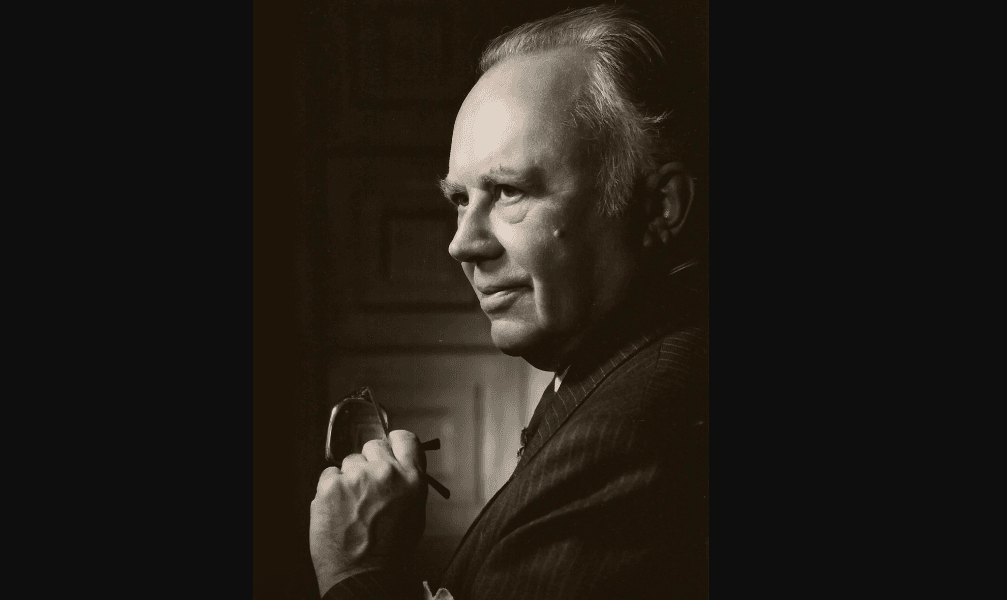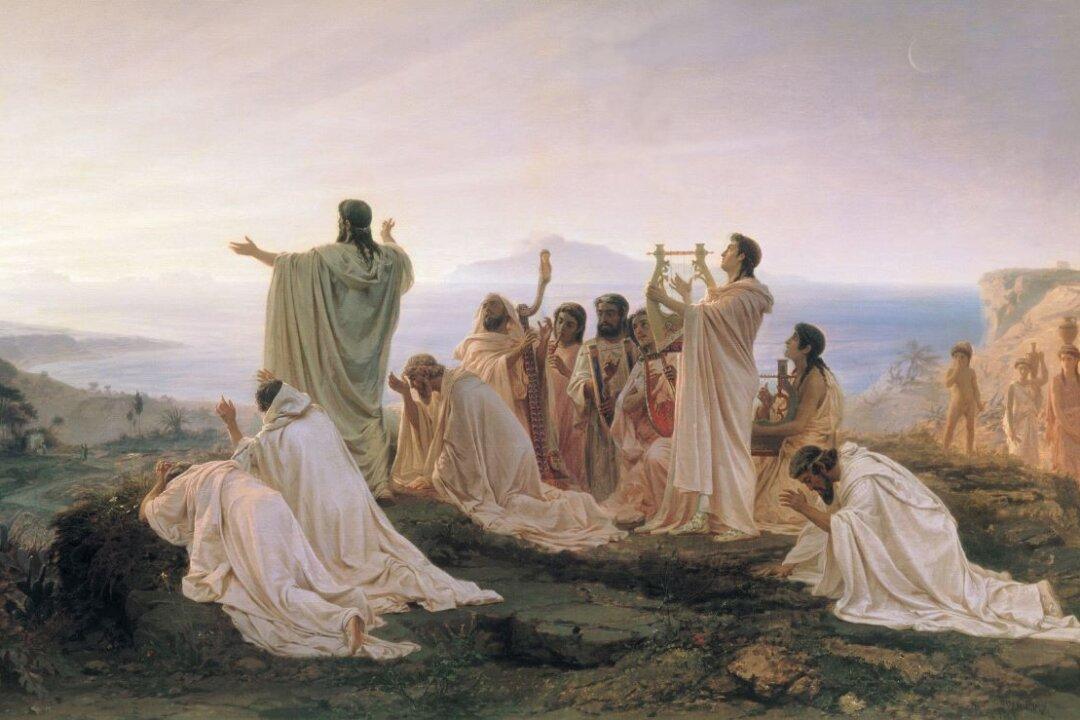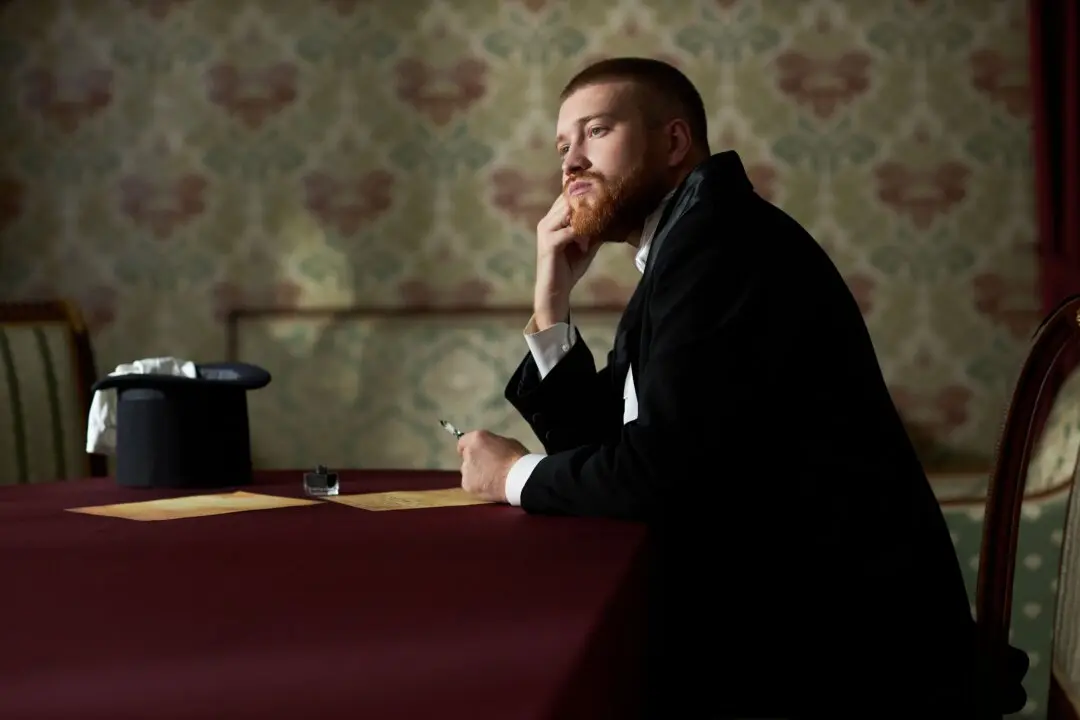A recent New York Times article claimed that poetry is “dead.” The argument is not new, but since last month marked the 100th anniversary of T.S. Eliot’s “The Waste Land,” the modernists thought they would reiterate themselves. “We stopped writing good poetry because we are now incapable of doing so,” wrote the article’s author, Matthew Walther.
Science and technology, Walther argues, have made it impossible to have a holistic relationship with nature. Since “The Waste Land,” poets have only described “the fragmentation of human experience.”





